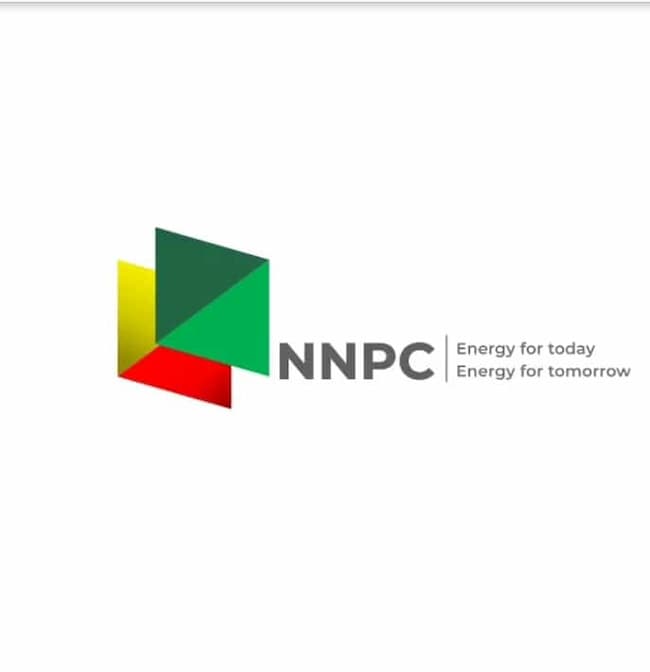With a loss of 7.56 million barrels in July, the Nigerian economy continues to suffer from the suspension of crude oil production due to vandalism, worker strikes, deteriorating upstream infrastructure, and force majeure.
According to data from the Nigerian National Petroleum Company Limited (NNPC), the losses were caused by nine significant accidents that occurred throughout the Niger Delta. But it didn’t include the widespread, ongoing theft of oil from oil-producing areas.
Since this year, the NNPC has been unable to make a single kobo contribution to the Federation Account, hurting the majority of dollar-related activities in the Nigerian economy. The lack of dollars has had a severe effect on the value of the naira as well, with the local currency plummeting to as low as N700 at one point in recent months and foreign airline owners unable to remit as much as $464 million to their home nations.
It is projected that the country may have lost as much as $756 million to the different leakages over the time period under consideration, with an estimated average oil price of roughly $100 for that month.
Bonny Terminal, as has been the case since March of this year, suffered the most throughout the time, with force majeure being declared as a result of the terminal’s closure.
A staggering 3.545 million barrels were lost by the plant during the
“Crude oil production at Bonny terminal has dropped significantly to an average of about 3MB since the 21st of March 2022 till date. The terminal operator has declared force majeure on all outstanding Bonny programmes,” the NNPCL stated in the report.
During the previous month, the QUA IBOE terminal which was shut down for maintenance work lost 2.056 million barrels but again came under serious headwinds following a seven-day strike declared by the Petroleum and Natural Gas Senior Staff Association of Nigeria (PENGASSAN). The nation shed 1.470 million barrels the industrial action during the period.
Also, production at the Forcados terminal was curtailed to the tune of 258,000 barrels as a result of the closure of the facility “following reports of a sheen in the vicinity of the facility,” prompting the Shell Petroleum Development Company (SPDC), operator of the plant, to curtail production.
Nigeria, Africa’s largest oil producer and a member of the Organisation of Petroleum Exporting Countries (OPEC) has tried to stamp out sabotage on its pipeline network in recent years without much success.
Some operators have said they receive as little as 5 per cent of crude volumes pumped through the TNP pipeline, for instance, reflecting a larger issue for the country which is already facing shrinking investment and hasn’t been able to meet its oil-production quota in order to benefit from a surge in prices.
On Monday, a former Minister of State, Petroleum Resources and ex-Group Managing Director of the Nigerian National Petroleum Corporation (NNPC) decried the increasing fall in almost all the growth indices in the oil industry in the country.
“High volume onshore production is going down. When I left in 2016, we were at about 2.1 million barrels per day. Today, I think we are about 1.3 million barrels, that’s almost a 50 per cent to 100 per cent decline. The costs, which ought to be going down are massively going up, that’s not good.
“And then you look at the volume of revenues. Obviously, if your volumes are down and your costs are going up, then it is obvious that your revenues will go down.
“Investments are declining and this affects your survivability as an industry. But more importantly, it’s saying that investors are not happy with you,” the oil industry expert stated.
He added that out of the $75 billion worth of investment that was available for the sector in Africa, Nigeria got only about $10 billion of it, explaining that it shows that clearly, investors are not finding the Nigerian environment good for business.
But the loss of revenues to the Nigerian economy in July,It was further exacerbated by the decrease in production on the Erha terminal as the plant tripped, leading to a loss of 937,663 barrels.
Also, at the Bonga terminal, due to repair works, Nigeria lost 558,085 barrels because of flex work which was ongoing and required that the Floating Production Storage and Offloading (FPSO) facility be “kept at 16 meters draft to facilitate the repair work.”
Similarly, Brass was closed due to low crude receipt, leading to the shedding of 315,000 barrels for the month, while Ukpokiti and Aje terminals lost 210,00 barrels and 11,000 barrels respectively due to a fire incident and maintenance work.
A combination of huge oil pipeline repair costs and high-level theft of crude oil was bleeding out the Nigerian economy, with losses amounting to at least $29 billion in the previous six years, spanning between 2015 and 2021. A review of the previous data for June showed that the NNPCL spent N8.352 billion on pipeline security and maintenance. The amount that the NNPCL spent in a month, was almost the entire budgeted sum for the year for the purpose, which should be N8.792 billion for the 12 months of 2022.
While Nigeria’s allocation in July was 1.8 million barrels per day, the country was only able to produce a paltry 1.083 million barrels per day due to the menaces of crude oil theft, vandalism, sabotage, community issues, and worker strike, among others.
Furthermore, the latest NNPCL data noted that the Yoho terminal encountered the challenge of “Intergranular corrosion” and was shut down to curtail flaring until the problem was fixed. However, the new figure of 7.56 million barrels is substantially less than the 9.4 million barrels of oil lost in June due to the same disruptions on some of the key facilities in the Niger Delta.
Recently, the federal government deployed various strategies to curtail the leakage of Nigeria’s oil production, including the dispatch of more military personnel, virtual monitoring of some of the facilities, proposal of a reward system for whistle-blowers who report vandalism as well as the re-award of pipelines protection contracts to ex-militant, Mr Government Ekpemupolo, also known as Tompolo.













